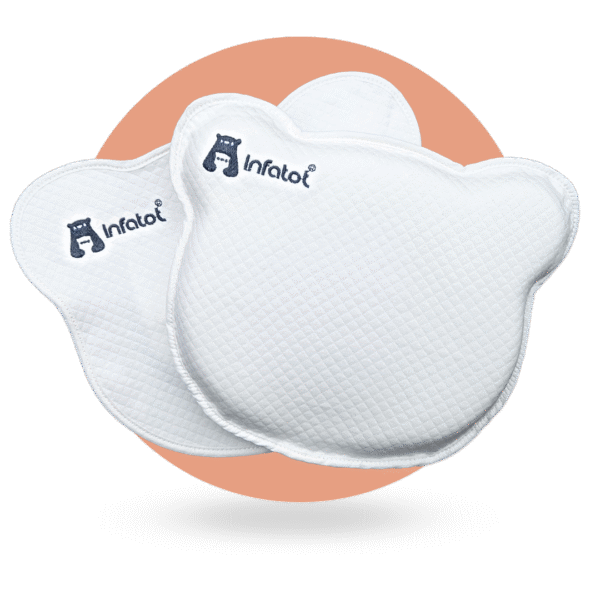Blog

Introduction
Whether it’s due to allergies, dietary preferences, or personal beliefs, some parents look beyond traditional cow’s milk when feeding their baby. But which alternatives are safe, nutritious, and appropriate for each stage of your baby’s development? In this guide, we’ll explore the safest and most popular milk alternatives for babies, backed by expert advice and trusted health resources.
Why Consider Milk Alternatives?
- Lactose intolerance or dairy allergy
- Vegan or plant-based family diets
- Cultural or religious dietary practices
- Ethical concerns about dairy farming
Before making any changes to your baby’s diet, it’s important to consult with your pediatrician or health visitor.
When Can Babies Have Milk Alternatives?
Breast milk or infant formula should be the primary source of nutrition until your baby turns 1 year old. Only after their first birthday should milk alternatives be considered as a main drink—and even then, not all are suitable.
For babies under 1 year:
Only breast milk or infant formula is recommended.
From 12 months and beyond:
Certain fortified plant-based milks can be introduced as a drink, but they should complement a well-balanced diet.

The Best Milk Alternatives for Babies Over 12 Months
Fortified Soy Milk
- Most recommended by dietitians due to its protein and fat content being closest to cow’s milk.
- Choose unsweetened, calcium-fortified versions.
- Avoid soy-based drinks made for adults.
✔️ Suitable from 12 months+
❌ Not suitable as infant formula substitute
Oat Milk
- Creamy texture that many children enjoy.
- Fortified oat milk provides calcium, vitamin D, and B12.
- Low in protein, so ensure your child gets protein from other foods.
✔️ Suitable from 12 months+
❌ Not suitable under 1 year
Almond Milk
- Naturally low in calories and protein.
- Best used in combination with a diet rich in fats and protein.
- Always choose calcium-fortified, unsweetened options.
✔️ Suitable from 12 months+ as part of a varied diet
❌ Avoid unfortified or sweetened versions
Coconut Milk (Carton, Not Canned)
- Thin and low in protein and calories.
- Use in moderation alongside more nutrient-dense foods.
- Fortification with calcium and vitamin D is essential.
✔️ Occasionally okay from 12 months+
❌ Not a primary milk replacement
Pea Milk
- Made from yellow peas, this milk is higher in protein than most plant-based alternatives.
- Fortified varieties are rich in iron, vitamin D, and calcium.
✔️ Suitable from 12 months+
👍 A great dairy-free, high-protein option
Milk Alternatives to Avoid for Babies
- Rice Milk – Contains arsenic, not recommended for young children.
- Unfortified Nut Milks – Lack essential nutrients.
- Raw Milk or Homemade Plant Milks – May carry bacteria and are nutritionally inadequate.
- Canned Coconut Milk – Too high in fat and unsuitable as a drink.
FAQs
Can I give my 6-month-old baby almond milk?
No. Babies under 12 months should only have breast milk or formula. Almond milk is not a suitable replacement.
What’s the best plant-based milk for toddlers?
Fortified soy milk is generally the best alternative to cow’s milk due to its nutrient profile.
Does oat milk cause allergies?
Oat milk is generally well-tolerated, but some babies may react if they have a gluten sensitivity or oat allergy.
How much milk should my toddler drink daily?
Around 350–400ml (12–14 oz) of milk or milk alternatives per day is recommended for toddlers aged 1–3.
Conclusion
Choosing the right milk alternative for your baby involves more than just preference—it’s about ensuring they receive the right nutrients to grow strong and healthy. Always look for fortified, unsweetened versions, and consult with your healthcare provider before making dietary changes. With the right guidance, your little one can thrive on a milk-free or dairy-light diet.
References
The British Dietetic Association: Plant-based Diets and Children
HealthyChildren.org (AAP): Milk and Milk Alternatives
About the Author
Monika Clark is a dedicated mother and nutrition advocate passionate about empowering parents with evidence-based advice. Drawing from personal experience and extensive research, she supports families in navigating the joys and challenges of feeding their little ones.
Disclaimer
This guide is for informational purposes only and does not replace professional medical advice. Always consult your GP or health visitor for personalised recommendations for your baby.
Top rated products
-
 Infatot Plagiocephaly
Infatot Plagiocephaly
Flat Head PillowRated 5.00 out of 5£19.99 -
 7 Piece Baby Bib
7 Piece Baby Bib
Weaning SetRated 5.00 out of 5£17.99Original price was: £17.99.£14.99Current price is: £14.99. -
 Fruit Feeder & Tray Set
Rated 4.91 out of 5£14.99
Fruit Feeder & Tray Set
Rated 4.91 out of 5£14.99 -
 Koda Koala Bitey Pair
Rated 4.87 out of 5£7.99
Koda Koala Bitey Pair
Rated 4.87 out of 5£7.99
















